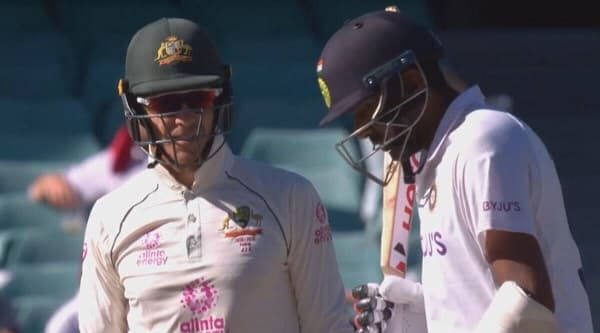When men are under pressure, their construct of masculinity is both tested and will be evident.
Recent examples of this have been seen in the conduct of cricketers in the hard-fought series between Australia and India, and the manner in which Trump held and has left office. In each case, under pressure, different facets of toxic masculinity have been evident.
Let’s look at the cricketers first. Competitive sports breeds competing values: the value of winning and the value of doing one’s best. If the former takes priority over the latter, then sledging, pressuring the umpires and aggression rise. Humility, humour and respect fall away. When sledging becomes personal, then it has crossed a line. Here winning at all costs becomes the goal as is putting others’ off their game. If doing one’s best is not enough to win, then personal disappointment needs to put into new resolve. However, ‘gamesmanship’, ‘sledging’, physical aggression and anger are signs of immaturity.
In recently concluded Test cricket series, the Indian team won a huge number of admirers. They simply did not back down. At no point was there any behaviour of the sort they were confronted with. They stood tall even when battered and bruised, much as Steve Waugh did in the Caribbean when Australia broke the dominance of the West Indies. India’s actions spoke louder than words at the Gabba; resolution spoke louder than reaction; focus spoke louder than fractious behaviour, and humility spoke louder than harassment.
A mark of the depth of men of character is in what they remember to value. That the Indian team celebrated the 100th Test match of Nathan Lyon and congratulated him, presenting him with a signed shirt at the time they had every right to self-indulge, said much about their focus. That this was even considered in the heat of an intense struggle, is truly admirable.
Excellent gesture from @ajinkyarahane88 and the indian team to Felicitate Nathan Lyon on his 100th Test Match. One more example of Sportsman Spirt from Rahane. How dignified he is even after achieving such a incredible win. #Leader #AUSvsIND
— VVS Laxman (@VVSLaxman281) January 19, 2021
READ ALSO: Inside Out: Men’s health month
Of course, sport is replete with stories of teams and individuals that regress into a toxic or aggressive masculinity when faced with defeat. So too in politics. Trump’s graceless departure from office, his refusal to properly acknowledge or congratulate Joe Biden or Kamala Harris, and his outright aggression towards anything deemed a threat, indicates another side of toxic masculinity. This may be characterised as, “I think it – so it is true”. The utter unpredictability of this as a mantra means that decision-making is unpredictable and chaotic – even at times idiotic. The lack of coherence coupled with characterising facts as ‘fake news’ means that this style of leadership undermines belief in the systems and structures that provide stability and social order. Little wonder Americans are concerned about right-wing extremists. Fuelled and supported by a man’s belief in his personal sense of entitlement, office and family have been conflated as seen in many dictatorships around the world.
With his inability to separate the idea of what it is to be a man, with what it is to be strong, Trump divided his own nation.
There may have been no new wars initiated by America in the last four years but there appears to be an internal civil struggle that will take some real effort, genuine strength and vision, to contain.
Alas, real men grow in the face of evidence contrary to belief. This includes evidence that another team is better or winning. Real men do cry. Real men apologise, as to his credit Tim Paine did the day after Australia lost the third test. And real men question whether winning at all costs carries lasting value, or is as empty as the trophy they aspire to hold.
READ ALSO: Time’s up for complacency




